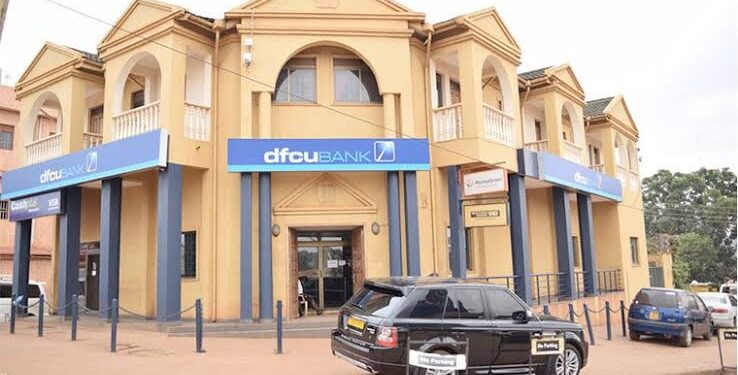The ongoing legal battle between Crane Bank Limited (CBL), once one of Uganda’s largest commercial banks, and dfcu Bank over the controversial 2017 takeover of CBL’s assets by dfcu has reached a significant milestone with a recent London High Court ruling.
This case, rooted in allegations of mismanagement, corruption, and an undervalued sale orchestrated by the Bank of Uganda (BoU), has far-reaching implications for Uganda’s banking sector and public trust in financial institutions. Here are six key takeaways from the July 2025 ruling that every Ugandan should understand, presented in a clear and accessible way.
1. The Ruling is Procedural, Not Final: The London High Court’s decision is a procedural step in a case set for trial in October 2026. It addressed evidence admissibility and disclosure, not the core allegations of corruption or mismanagement. The court rejected dfcu’s attempt to use a disputed PricewaterhouseCoopers (PwC) report alleging CBL’s mismanagement, citing its unreliability due to inconsistencies. However, it also dismissed CBL’s bid to exclude all PwC reports, allowing them as evidence but not conclusive proof. This means the case remains open, with no winner yet, and Ugandans should expect further developments.
2. Forensic Scrutiny Ordered: The court ordered forensic analysis of Dr Sudhir Ruparelia’s phone and Sheena Ruparelia’s email to uncover relevant documents. This move highlights the court’s commitment to thorough evidence collection, ensuring both sides’ claims are tested. For ordinary Ugandans, this underscores the importance of transparency in high-stakes financial disputes, as personal communications may reveal critical details about the CBL takeover, potentially affecting public perception of accountability in the banking sector.
3. Allegations of Corruption Persist: CBL, backed by Sudhir Ruparelia and other shareholders, alleges that BoU and dfcu engaged in a corrupt scheme to seize CBL and sell its assets at a gross undervalue (Shs200 billion for assets worth over £170 million). The court’s decision to allow the case to proceed keeps these allegations alive, raising questions about the integrity of BoU’s regulatory actions in 2016-2017. Ugandans, many of whom rely on banks for savings and loans, should be aware that this case could expose systemic issues in banking oversight.
4. Impact on Banking Trust: The case highlights tensions in Uganda’s banking sector, where public confidence is already fragile. The PwC report’s claims of CBL’s undercapitalization and insider lending, though contested, fuel debates about governance in financial institutions. For the average Ugandan, this underscores the need to choose banks with strong regulatory compliance and transparency, as mismanagement or regulatory failures can jeopardize savings and financial stability.
5. No Immediate Financial Impact on dfcu: dfcu Bank has stated that the ruling does not affect its day-to-day operations, emphasizing its strong capitalization and compliance with BoU’s minimum core requirements (Shs150 billion by June 2024). For customers and small business owners, this suggests dfcu remains operational, but the ongoing litigation may influence investor confidence and long-term stability, something to monitor as the trial nears.
6. Broader Implications for Regulation: The case challenges the BoU’s 2016 takeover of CBL, which was justified as necessary to protect depositors amid CBL’s liquidity crisis. The court’s willingness to examine these actions under Ugandan law, despite the foreign act of state doctrine, signals that regulatory decisions are not immune to scrutiny. Ugandans should note that this could lead to reforms in how the BoU handles distressed banks, potentially strengthening protections for depositors and shareholders.
This ruling keeps the spotlight on a pivotal moment in Uganda’s banking history. For the ordinary Ugandan, it’s a reminder to stay informed about the institutions managing their money and to demand accountability from regulators and banks alike. The trial’s outcome could reshape trust and governance in the sector, impacting everyone from savers to entrepreneurs.
Mike Ssegawa is a Veteran Journalist and strategic communications specialist
Do you have a story in your community or an opinion to share with us: Email us at editorial@watchdoguganda.com













